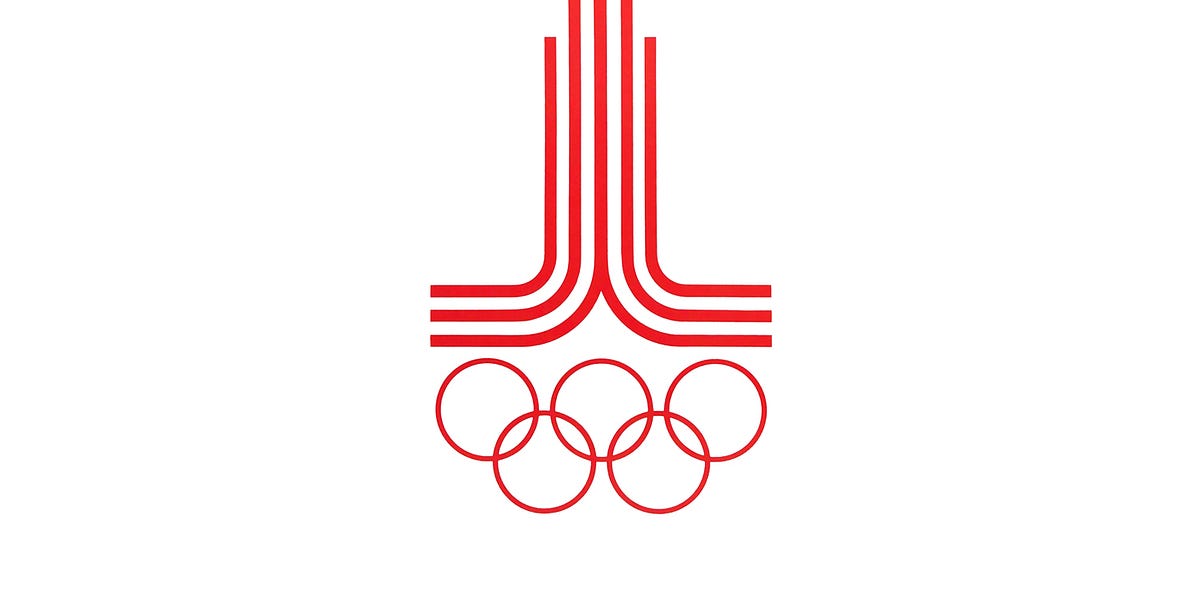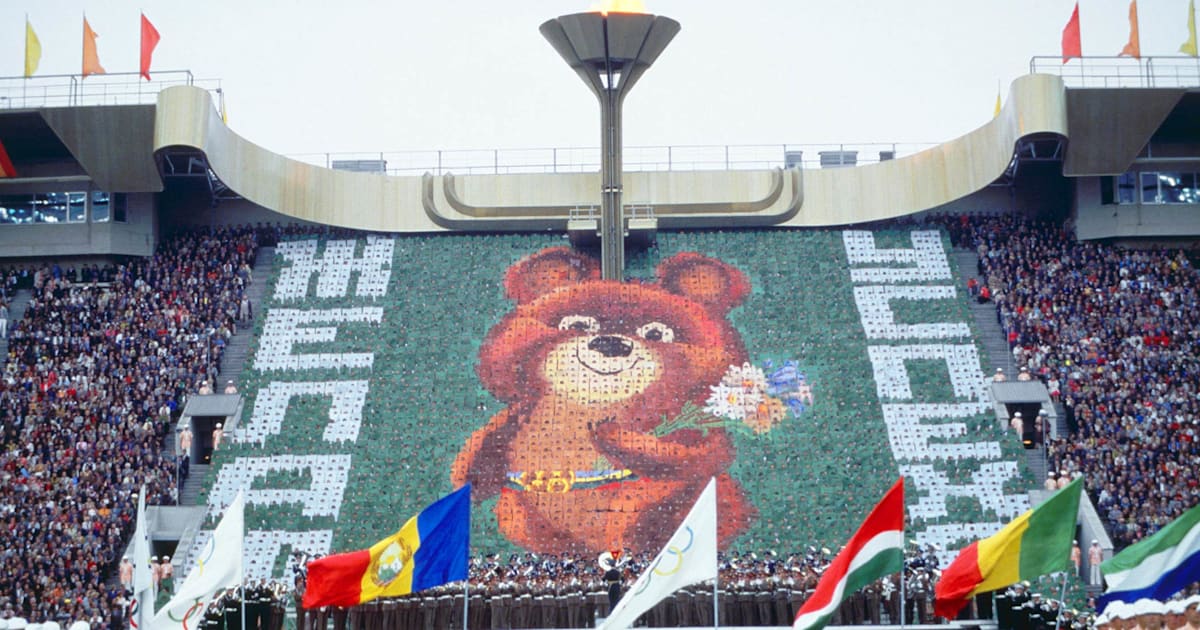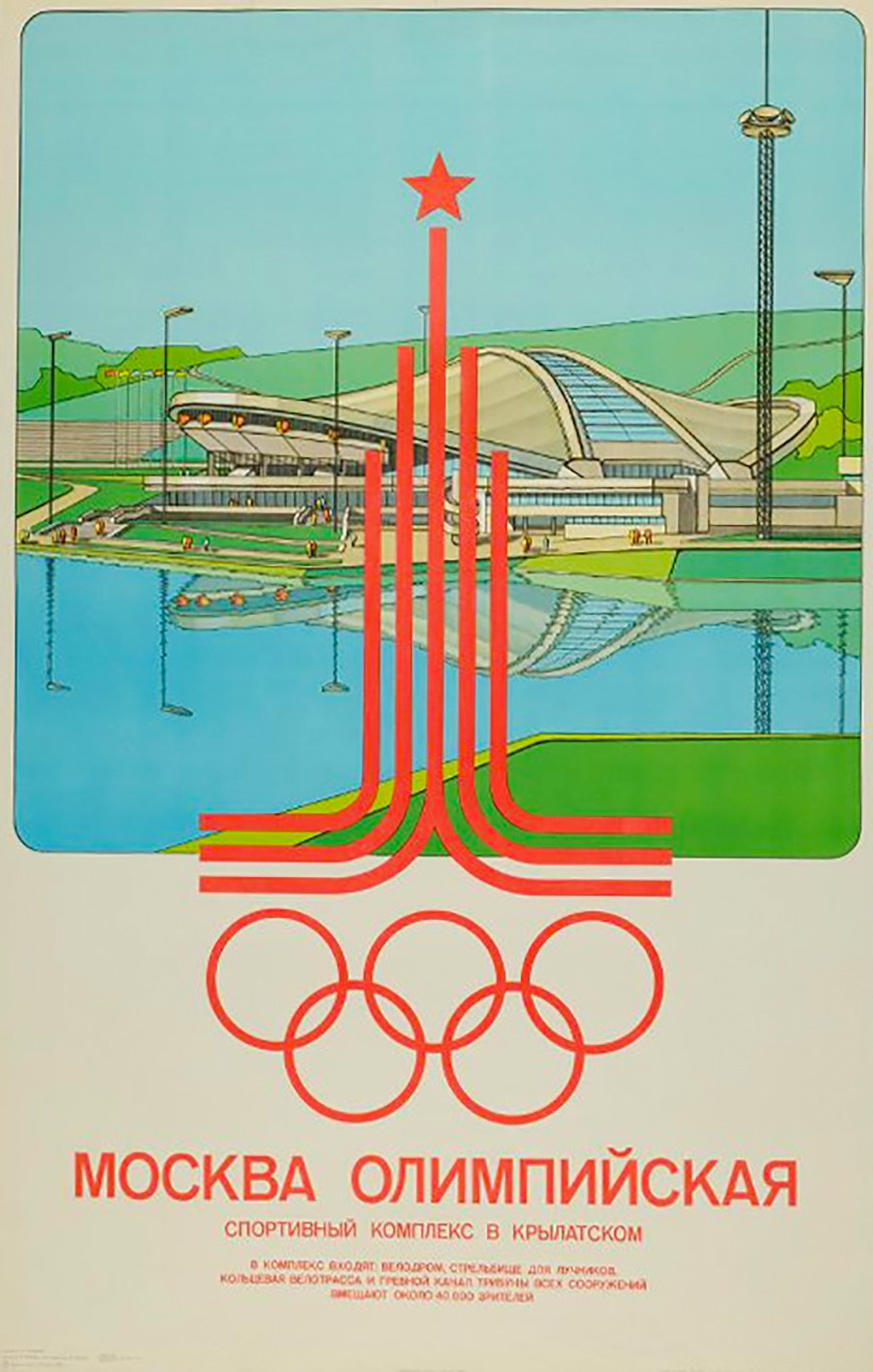The 1980 Moscow Olympics: A Test Of American Values And Global Relations
The 1980 Moscow Olympics: A Test of American Values and Global Relations
The 1980 Moscow Olympics: A Test of American Values and Global Relations
Introduction
In this auspicious occasion, we are delighted to delve into the intriguing topic related to The 1980 Moscow Olympics: A Test of American Values and Global Relations. Let’s weave interesting information and offer fresh perspectives to the readers.
Table of Content

The 1980 Moscow Olympics: A Test of American Values and Global Relations
The 1980 Summer Olympics in Moscow stand as a pivotal moment in the history of the Games, marked by the United States’ decision to boycott the event. This controversial action, orchestrated by President Jimmy Carter, was a direct response to the Soviet Union’s invasion of Afghanistan in December 1979. The boycott, while intended to demonstrate American disapproval of the Soviet action, had far-reaching consequences, impacting athletes, international relations, and the very fabric of the Olympic movement.
The Seeds of Dissent: The Soviet Invasion of Afghanistan
The Soviet Union’s invasion of Afghanistan on December 24, 1979, triggered a wave of international condemnation. The move was seen as a blatant violation of international law and a direct threat to regional stability. The United States, under President Carter, responded swiftly and decisively, imposing economic sanctions on the Soviet Union and increasing military aid to Pakistan, a key ally in the region.
The invasion also sparked a debate within the United States about the appropriate response. While many advocated for a strong stance against the Soviet Union, others argued for a more nuanced approach that prioritized the Olympic ideal of international cooperation. However, President Carter, deeply troubled by the Soviet aggression, ultimately decided to use the Olympics as a platform to demonstrate America’s disapproval.
The Boycott Decision: A Complex and Controversial Move
On April 21, 1980, President Carter announced that the United States would boycott the Moscow Olympics. The decision was met with a mixture of support and criticism. Proponents argued that the boycott was a necessary and effective way to punish the Soviet Union for its actions in Afghanistan, sending a clear message about the consequences of aggression. They believed that the boycott would deter future Soviet transgressions and solidify America’s position as a champion of international law.
However, opponents of the boycott argued that it was a misguided and counterproductive move. They contended that it would harm American athletes, who had dedicated years of their lives to competing in the Olympics, and would further strain relations with other nations. They also questioned the effectiveness of the boycott, arguing that it would not deter the Soviet Union from its actions in Afghanistan.
The Global Response: A Divided World
The American boycott sparked a wave of reactions across the globe. Some nations, particularly those aligned with the United States, followed suit, withdrawing their athletes from the Moscow Games. Notably, Canada, West Germany, and Japan, all key allies of the United States, joined the boycott, further isolating the Soviet Union.
However, many other countries, including those within the Soviet bloc and some developing nations, remained committed to the Games. They criticized the boycott as a politically motivated move that undermined the spirit of the Olympics and prioritized ideological differences over sporting competition.
The Impact on Athletes: A Tragedy for Many
The boycott had a profound impact on the athletes who had trained tirelessly for the Moscow Games. Many American athletes, particularly those in individual sports, were deeply disappointed and felt that their dreams were shattered. They had sacrificed years of their lives to achieve their goals, only to have them snatched away by political machinations.
The boycott also had a significant impact on athletes from other nations who had chosen to participate. They faced criticism and accusations of supporting the Soviet Union, while also having to contend with the absence of many of their strongest competitors.
The Olympic Games: A Stage for Politics or a Celebration of Sport?
The 1980 Moscow Olympics became a stark reminder of the political complexities surrounding the Games. The boycott highlighted the tension between the Olympic ideal of international cooperation and the realities of global power politics. It raised questions about the role of the Olympics in international relations and whether the Games should be used as a tool for political pressure or a celebration of human achievement.
The Legacy of the Boycott: A Contentious Debate
The legacy of the 1980 Moscow Olympics boycott remains a subject of intense debate. Some argue that it was a necessary and effective measure that demonstrated America’s commitment to international law and served as a deterrent against future Soviet aggression. Others maintain that it was a misguided and counterproductive move that harmed athletes, strained international relations, and ultimately failed to achieve its intended goals.
FAQs about the 1980 Moscow Olympics Boycott
1. Why did the United States boycott the 1980 Moscow Olympics?
The United States boycotted the 1980 Moscow Olympics in response to the Soviet Union’s invasion of Afghanistan in December 1979. The boycott was intended as a demonstration of American disapproval of the Soviet action and a means to pressure the Soviet government to withdraw its forces from Afghanistan.
2. What countries joined the US boycott of the 1980 Moscow Olympics?
Several countries joined the US boycott, including Canada, West Germany, Japan, and many others, primarily Western nations. However, a significant number of countries, including those within the Soviet bloc and many developing nations, chose to participate in the Games.
3. What was the impact of the boycott on American athletes?
The boycott had a devastating impact on American athletes, who had dedicated years of their lives to training for the Olympics. Many felt their dreams were shattered and their sacrifices were in vain.
4. Did the boycott achieve its intended goals?
The effectiveness of the boycott remains a subject of debate. While it may have put pressure on the Soviet Union, it did not lead to a withdrawal of Soviet forces from Afghanistan. It also strained international relations and damaged the Olympic ideal of international cooperation.
5. What were the long-term consequences of the boycott?
The 1980 Moscow Olympics boycott had long-term consequences, impacting the relationship between the United States and the Soviet Union, the future of the Olympic movement, and the role of sports in international politics. It also highlighted the complex relationship between politics and sport, reminding the world that the Olympics are not immune to the realities of global power dynamics.
Tips for Understanding the 1980 Moscow Olympics Boycott
- Context is key: To understand the boycott, it is crucial to consider the historical context of the Cold War and the global political landscape at the time.
- Multiple perspectives: Recognize that the boycott was a complex and controversial event, and there are multiple perspectives on its causes, consequences, and effectiveness.
- Beyond the athletes: While the impact on athletes is significant, it is important to consider the broader implications of the boycott for international relations and the future of the Olympic movement.
Conclusion: A Complex and Controversial Legacy
The 1980 Moscow Olympics boycott remains a pivotal moment in the history of the Games, a testament to the complexities of international relations and the tension between sport and politics. While its effectiveness remains debatable, the boycott serves as a reminder of the delicate balance between global power dynamics and the pursuit of sporting excellence. It also highlights the need for careful consideration of the potential consequences of using the Olympics as a tool for political pressure, ensuring that the spirit of international cooperation and the dreams of athletes are not sacrificed in the pursuit of political goals.








Closure
Thus, we hope this article has provided valuable insights into The 1980 Moscow Olympics: A Test of American Values and Global Relations. We hope you find this article informative and beneficial. See you in our next article!